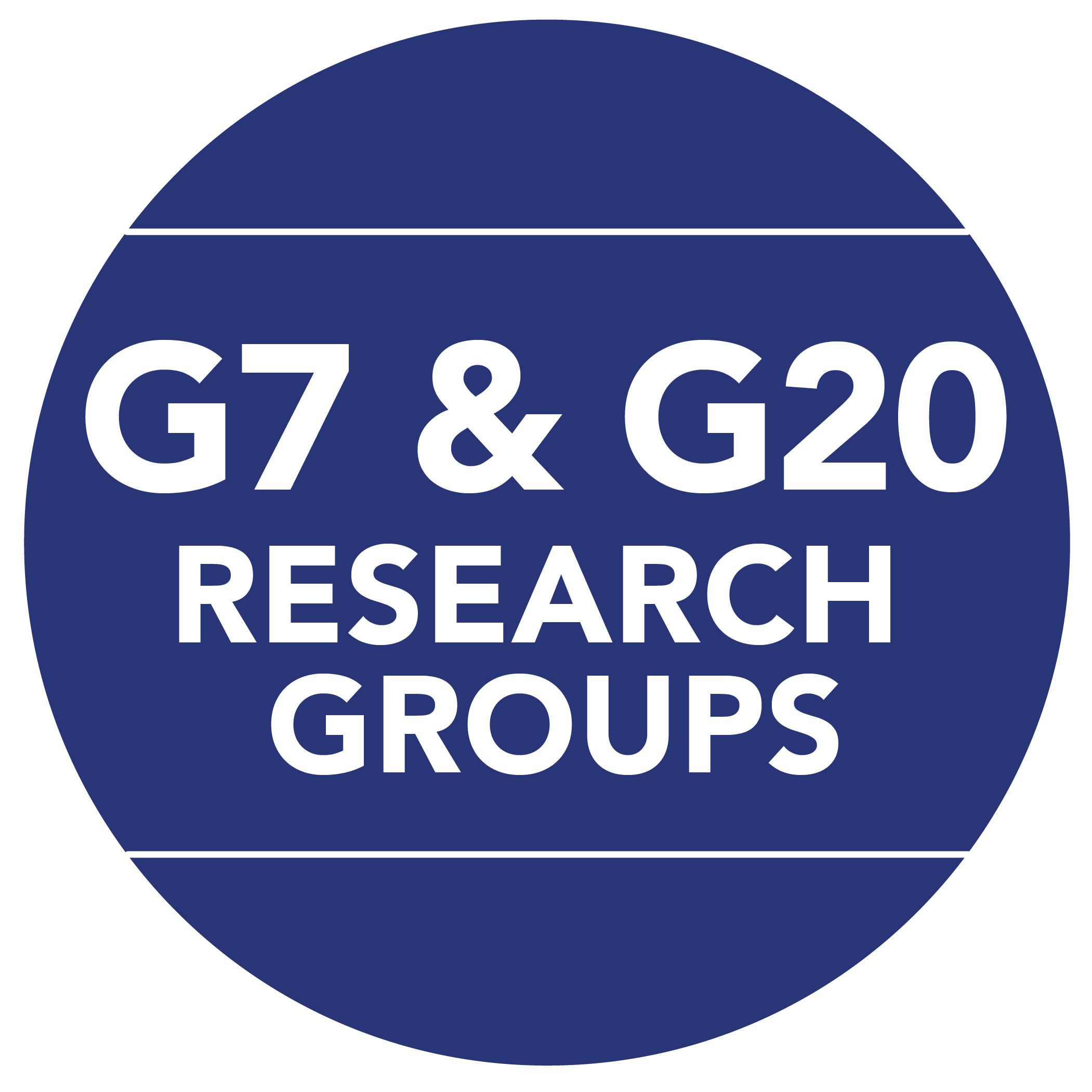

 |
 |
|
Promoting growth, creating opportunity
Barack Obama, president, United States
During a recent speech at the United Nations, US president Barack Obama shared his thoughts on some of the topics to be discussed at this year’s G20 summit, including economic recovery, rebalancing, development and climate change
From "The G20 Cannes Summit 2011: A New Way Forward," edited by John Kirton and Madeline Koch,
published by Newsdesk Media Group and the G20 Research Group, 2011
To download a low-resolution pdf, click here.
To bring prosperity to our people, we must promote the growth that creates opportunity. In this effort, let us not forget that weíve made enormous progress over the last several decades. Closed societies gave way to open markets. Innovation and entrepreneurship has transformed the way we live and the things that we do. Emerging economies from Asia to the Americas have lifted hundreds of millions of people from poverty. Itís an extraordinary achievement. And yet, three years ago, we were confronted with the worst financial crisis in eight decades. And that crisis proved a fact that has become clearer with each passing year – our fates are interconnected. In a global economy, nations will rise, or fall, together.
Today, we confront the challenges that have followed on the heels of that crisis. Around the world recovery is still fragile. Markets remain volatile. We stand with our European allies as they reshape their institutions and address their own fiscal challenges. For other countries, leaders face a different challenge as they shift their economy towards more self-reliance, boosting domestic demand while slowing inflation. So we will work with emerging economies that have rebounded strongly, so that rising standards of living create new markets that promote global growth. Thatís what our commitment to prosperity demands.
To combat the poverty that punishes our children, we must act on the belief that freedom from want is a basic human right. The United States has made it a focus of our engagement abroad to help people to feed themselves. Together, we must continue to provide assistance, and support organisations that can reach those in need. And together, we must insist on unrestricted humanitarian access so that we can save the lives of thousands.
To stop disease that spreads across borders, we must strengthen our system of public health. We will continue the fight against HIV/AIDS, tuberculosis and malaria. We will focus on the health of mothers and of children. And we must come together to prevent, and detect, and fight every kind of biological danger – whether itís a pandemic like H1N1, or a terrorist threat, or a treatable disease.
I urge all nations to join the US in meeting the WHOís goal of making sure all nations have core capacities to address public health emergencies in place by 2012. That is what our commitment to the health of our people demands.
To preserve our planet, we must not put off action that climate change demands. We have to tap the power of science to save those resources that are scarce. Together, we must work to transform the energy that powers our economies, and support others as they move down that path. That is what our commitment to the next generation demands.
And to make sure our societies reach their potential, we must allow our citizens to reach theirs. No country can afford the corruption that plagues the world like a cancer. Together, we must harness the power of open societies and open economies. And no country can realise its potential if half its population cannot reach theirs. The United States recently signed a new Declaration on Womenís Participation. We should each announce the steps we are taking to break down the economic and political barriers that stand in the way of women and girls. This is what our commitment to human progress demands.
I know thereís no straight line to that progress, no single path to success. We come from different cultures, and carry with us different histories. But let us never forget that even as we gather here as heads of different governments, we represent citizens who share the same basic aspirations – to live with dignity and freedom; to get an education and pursue opportunity; to love our families, and love and worship our God; to live in the kind of peace that makes life worth living.
It is the nature of our imperfect world that we are forced to learn these lessons over and over again. Conflict and repression will endure so long as some people refuse to do unto others as we would have them do unto us. Yet that is precisely why we have built institutions like this – to bind our fates together, to help us recognize ourselves in each other Ė because those who came before us believed that peace is preferable to war, and freedom is preferable to suppression, and prosperity is preferable to poverty. Thatís the message that comes not from capitals, but from citizens, from our people.
Peace is hard, but we know that it is possible. So, together, let us be resolved to see that it is defined by our hopes and not by our fears. Together, let us make peace, but a peace, most importantly, that will last.
Based on excerpts from an address by President Obama to the United Nations General Assembly on 21 September 2011
|
This Information System is provided by the University of Toronto Library |
All contents copyright © 2024. University of Toronto unless otherwise stated. All rights reserved.